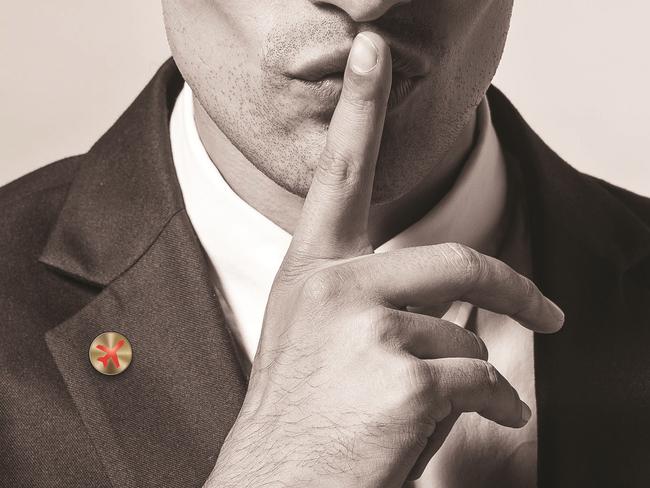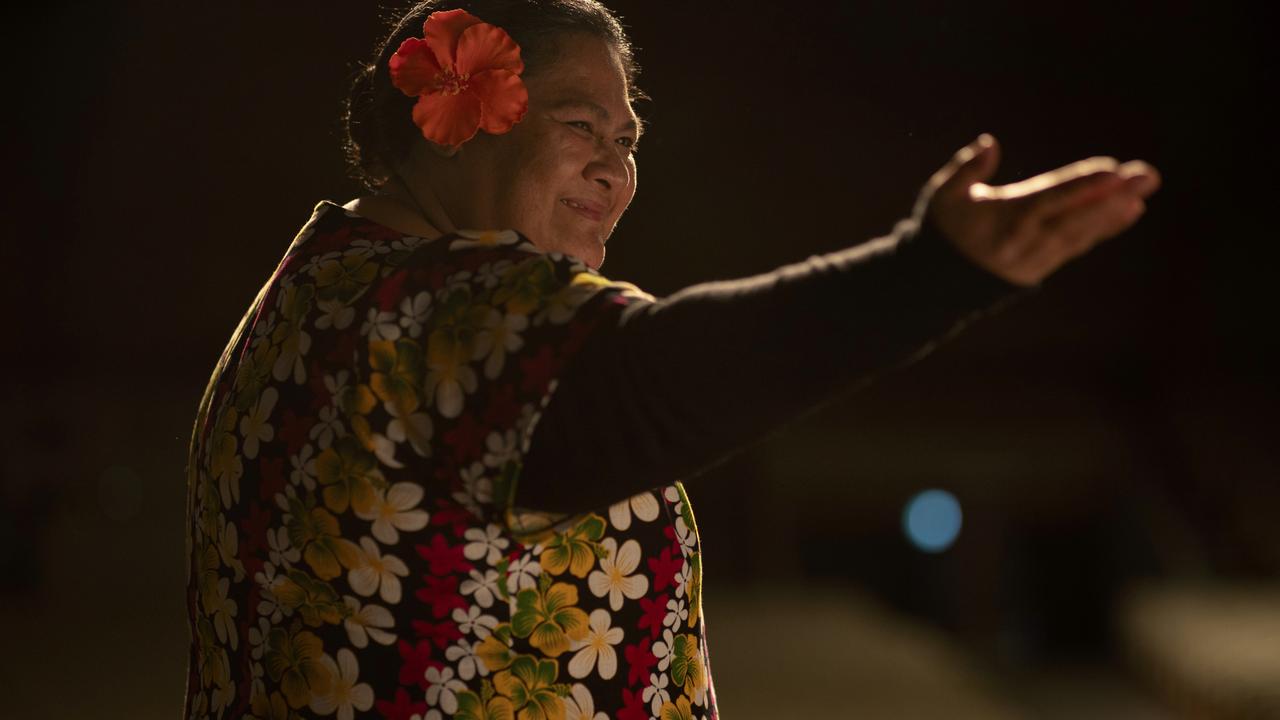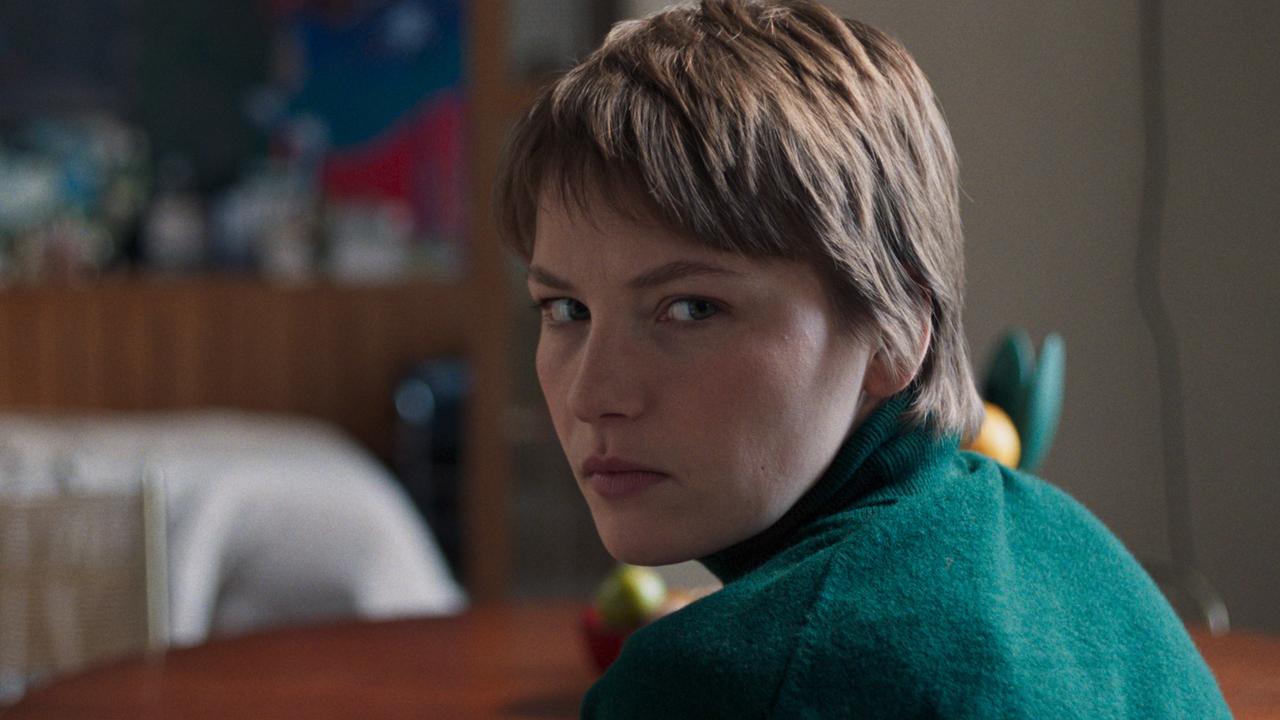Decaf, duty-free and the race to land a pilot
OWEN Beddall’s Confessions of a Qantas Flight Attendant is both a memoir and a repository of stories.

IN 2001, Owen Beddall joined the ‘‘Qantas family’’ as a 20-something flight attendant. For the next decade, he worked the airline’s international routes, inhabiting the galleys, which he calls ‘‘the heart of the aircraft’’, almost a modern version of Paul Theroux’s great railway bazaar. For crew, the galley is ‘‘where information about everything and anything is exchanged … from the best exchange rates to the cheapest tailor in Shanghai’’.
As such, Beddall’s Confessions of a Qantas Flight Attendant is both a memoir and a repository of stories. Kylie Minogue, Cate Blanchett and Venus Williams are among the travellers he serves, and he reports these encounters with varying degrees of reverence.
Beddall is a friendly narrator, if sometimes naive. On his first day: ‘‘Freshly minted, I turned up in the Cabin Crew Headquarters at the airport in my spanking new uniform, to be confronted with 14 elderly flight attendants — well, I was 27 and they had to be in their fifties and even sixties!” Few would find this scenario especially confronting, let alone worthy of an exclamation mark. Meanwhile, a chapter chronicling Beddall’s lockdown at a Mumbai hotel in 2008 is titled ‘‘OMG, it’s a bomb!’’ The results of his conversational tone vary. Even so, most often the sense is of a warm, human narrator (the book is openly ghost-written).
The job is exacting and pay fluctuates, which means crew, including Beddall, are obsessed with perks. Fascinatingly, some become minor economic warlords: one woman uses the duty-free allowances of six fellow flight attendants to transport cigarettes from Singapore to London, which she sells in local pubs at an inflated price. For his part, Beddall learns it’s cheapest to fly his laundry to Bangok from Brussels, where he’s based. Through such anecdotes, the crew becomes a group of desperate innovators, and their lives a complex network of financial hacks. Less amusingly, Beddall observes a culture of ‘‘blatantly predatory’’ female attendants competing in a race to marry pilots (mostly men). One offers Beddall cash to switch positions on a flight, so as to get closer to a marriageable man. Yet many who ‘‘succeed’’ and then retire from their jobs know their husbands will go on to sleep with ‘‘the next crop’’ of young flight attendants. ‘‘Pilots are only married when they’re home,’’ Beddall says.
Beddall, too, has relationships, though he rarely follows through with men: ‘‘Jetlag can explain away most things, I find.’’ It seems cold, until he explains that flight attendants attract so many shady propositions he no longer expects any romantic enterprise to thrive. In one passage, he lets a boyfriend who lives between London and Hong Kong access his duty roster, for purposes of planning their trysts. When Beddall is called for a last- minute flight from London to Hong Kong, he finds the boyfriend travelling with a previously unmentioned wife.
As a guide to Beddall’s life, the book is gossipy and fun, but it’s more compelling as a guide to life in the skies — likely to be interesting to any frequent flyer. Passengers are happiest when they’re unconscious, so if one buzzes repeatedly for coffee through the night, crew are liable to secretly serve them decaf. And if you ask a flight attendant to heat your baby’s milk to a specific temperature? ‘‘Spoiler alert here: hello, all we do is run it under warm water and hope for the best.’’
But the main tension is between crew and Qantas. On his first flight, Beddall is told, ‘‘We deal with problems on board, not in the office.’’ Crew wish to avoid ‘‘the kangaroo court’’ at all costs, which often deals harshly with accused employees. When Beddall is sick in London, Qantas prefers to keep him in hospital, because it saves the £150 meal allowance he would get in a hotel. Later, stuck with deep-vein thrombosis in Brussels and unable to fly home, a Qantas representative phones him ‘‘with an excellent idea’’. To bring him back to Australia by ship.
Finally, a new labour contract is introduced, meant to design senior staff out of well-paid, perk-plush jobs. In the course of Beddall’s career, he witnesses crew become ‘‘a cost, an expense, rather than the friendly and indispensable face of a proud company’’.
For such a frothy memoir, the portrait Beddall draws of Qantas’ changing corporate culture is oddly moving. Under a new regime, a manager asks how Beddall is doing. ‘‘Good thanks,’’ he says. ‘‘Great positive first response,’’ is the reply. And all the while prime routes are outsourced through codeshare deals, leaving a once-enviable career scrubbed of its lustre. The decline is shocking for its recency and speed. That this book is light and funny is a bonus.
Ronnie Scott is a writer and critic.
Confessions of a Qantas Flight Attendant: True Tales and Gossip from the Galley
By Owen Beddall with Libby Harkness
Ebury Press, 304pp, $34.99


